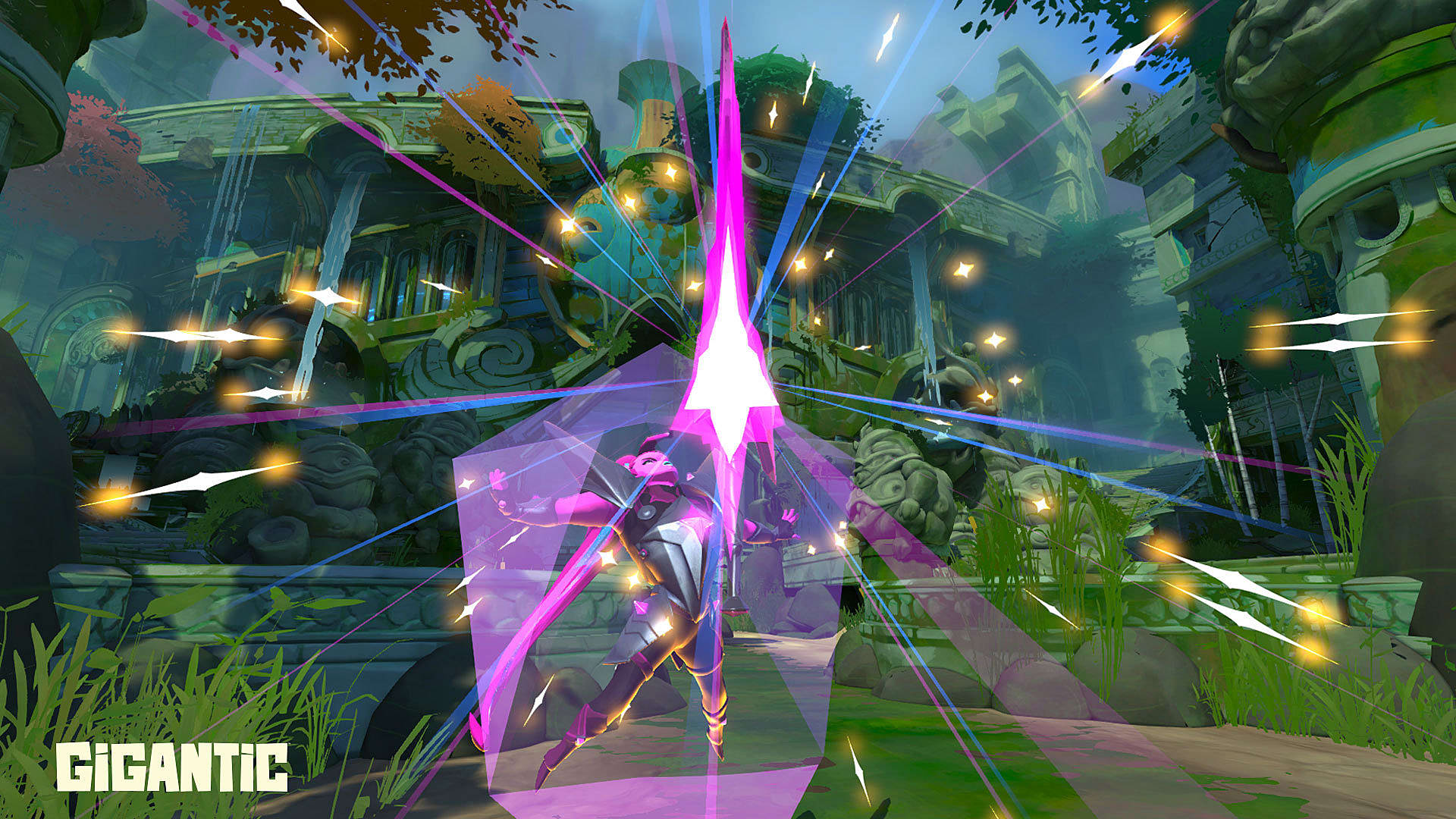

"All he wanted to do was go hear a concert. "When it was time for me to leave, he said with teary eyes how much he wished he could go with me," Lanz later recalled. The day after Bowie sang, a West German broadcaster named Christoph Lanz, who emceed the show, visited a friend in the East. I’d never done anything like that in my life, and I guess I never will again. And we would hear them cheering and singing along from the other side. So it was like a double concert where the wall was the division. And there were thousands on the other side that had come close to the wall. We kind of heard that a few of the East Berliners might actually get the chance to hear the thing, but we didn’t realize in what numbers they would. I was in tears," Bowie later said of his performance in Berlin. "It was one of the most emotional performances I've ever done. Maybe we're lying, then you better not stay The song ends with a plea that eventually things will change, if only for a day: The lyrics, remembered in this context, are tragic, each verse ending with the line "nothing can keep us together":Īnd the guns, shot above our heads (over our heads)Īnd we kissed, as though nothing could fall (nothing could fall)


The song's narrator pleads, "I wish you could swim / Like the dolphins, like dolphins can swim," a reference to the East Germans, like Weise, who died trying to cross the Spree. Though "Heroes" is today remembered as an anthem of optimism and defiance, its lyrics capture the hopelessness and desperation of a city divided, friends and family in the East kept apart from their loved ones in the West by violence and terror. When Bowie performed on the second night, he began by telling the crowd, in German, "We send our wishes to all our friends who are on the other side of the wall." He sang "Heroes," the song he'd recorded in Berlin a decade earlier amid the city's Cold War fear and violence. "We knew that this was somehow being done for our benefit." "The mood was one of enjoying forbidden fruit," Olof Pock, then a 15-year-old kid living in East Berlin, later told Deutsche Welle. (Record labels typically opposed this in the 1980s, knowing listeners would record the broadcasts, undercutting album sales.) The concert was held near enough to the border that many East Berliners crowded along the wall to listen to the forbidden American and British music wafting across the city, allowing these two halves of the city to hear the same show, divided but together. Rock music was treated as a destabilizing threat.īut the wall couldn't keep out radio waves the West German–operated, US-run radio station Radio in the American Sector was popular in the East, and had secured rare permission from the performing acts to broadcast the show in its entirety. By then the city's Soviet-dominated East had become safer, but it had not become more free. I was in tears."Ī decade later, when, in 1987, Bowie returned for the Concert for Berlin, a three-day open-air show in front of the Reichstag, he chose "Heroes" for his performance.

Its still-famous title track tells a story of two lovers who meet at the wall and try, hopelessly, to find a way to be together. Heroes was haunted by the Cold War themes of fear and isolation that hung over the city. In 1977, the year Bowie recorded Heroes, the second of his three Berlin albums, East German border guards shot and killed 18-year-old Dietmar Schwietzer as he tried to flee west across the wall a few months later, 22-year-old Henri Weise drowned trying to cross the Spree River. It was there that Bowie recorded three of the albums for which, upon his death today from cancer at the age of 69, he is still remembered and cherished. He'd lived there for three years in the late 1970s, sharing an apartment in the Schöneberg neighborhood with Iggy Pop, escaping from the drugs and over-the-top glam of his early career into the city's expressionism and art pop. In June 1987, David Bowie returned to the divided city of Berlin for a concert that some Germans, rightly or wrongly, still view as having helped change history.īowie knew West Berlin well.


 0 kommentar(er)
0 kommentar(er)
